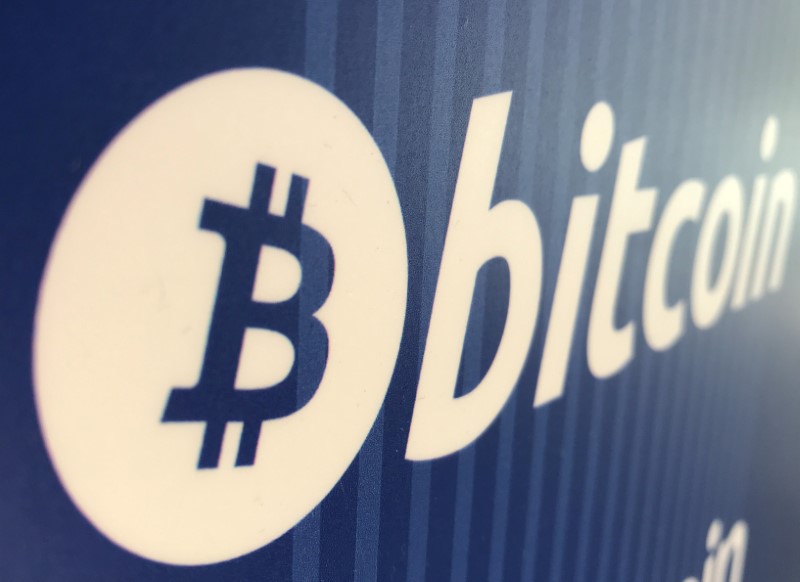- Industry experts and regulators said that cryptocurrencies including Bitcoin cannot save Russia from economic sanctions.
- Brian Armstrong said that while blockchain networks are decentralized, crypto exchanges are still subject to law.
- Bitcoin Policy Institute also quipped that Bitcoin is “far too small” to become an alternative to the US dollar or euro.
Experts have started weighing in on the notion that cryptocurrencies including Bitcoin are capable of circumventing the heavy economic sanctions placed on Russia. At the moment, Coinbase (NASDAQ:COIN) CEO Brian Armstrong, the US Treasury Department, the National Security Council, and the Bitcoin Policy Institute unequivocally said a flat-out ‘no’.
Armstrong said that cryptocurrencies would do a terrible job of masking transactions from regulators due to their transparent nature. And while blockchains are decentralized, cryptocurrency exchanges like Coinbase are not. Hence, they are under the law.
5/ That being said, we don’t think there’s a high risk of Russian oligarchs using crypto to avoid sanctions. Because it is an open ledger, trying to sneak lots of money through crypto would be more traceable than using U.S. dollars cash, art, gold, or other assets.— Brian Armstrong – barmstrong.eth (@brian_armstrong) March 4, 2022
“This is not just my personal opinion, by the way,” he added. “experts at the US Treasury and NSC agree.”
For its part, Bitcoin Policy Institute also posted an update on its website, stating that cryptocurrencies are relatively inconsequential compared to fiat currencies.
Bitcoin currently is far too small to replace the dollar and the euro as a trade-currency. Russia’s annual (pre-war) exports total roughly $400 billion (5), around 50% of Bitcoin’s current market capitalization.
Meanwhile, Armstrong assured that Coinbase’s door will remain open to Russian users unless compelled by the law to do otherwise. He even quipped that Russians consider crypto as a “lifeline” given that the ruble has practically lost its value in just a couple of days.
